The Evolution of Computers: A Digital Revolution
Computers have revolutionized the way we live, work, and communicate. From their humble beginnings as large, room-sized machines to the sleek, portable devices we carry in our pockets, computers have come a long way.Computers
The Early Days
The first computers were mechanical devices designed to perform basic calculations. Charles Babbage, a 19th-century English mathematician, is often credited with conceiving the first mechanical computer. However, it wasn’t until the mid-20th century that electronic computers began to emerge.
The Transistor Era
The invention of the transistor in the 1940s marked a significant milestone in computer history. Transistors replaced vacuum tubes, making computers smaller, faster, and more reliable. This led to the development of the first generation of electronic computers, such as the ENIAC and UNIVAC.
The Personal Computer Revolution
In the 1970s and 1980s, personal computers (PCs) became increasingly affordable and accessible to the general public. Companies like Apple and IBM introduced user-friendly operating systems and software applications, making computers easier to use for a wide range of tasks.
The Internet Age
The internet, a global network of computers, transformed the way people communicate and access information. The World Wide Web, developed in the early 1990s, made it possible to browse and share information online.
Modern Computers
Today, computers are ubiquitous, powering everything from smartphones to supercomputers. They are used in various fields, including healthcare, education, finance, and entertainment. Artificial intelligence, machine learning, and other advanced technologies are driving the next wave of computer innovation.
The Future of Computing
The future of computing is exciting and full of possibilities. Quantum computing, with its potential to solve complex problems at an unprecedented speed, is one of the most promising areas of research. Additionally, advancements in artificial intelligence and machine learning are expected to revolutionize industries and reshape the way we interact with technology.
As computers continue to evolve, they will undoubtedly play an even greater role in shaping our future.

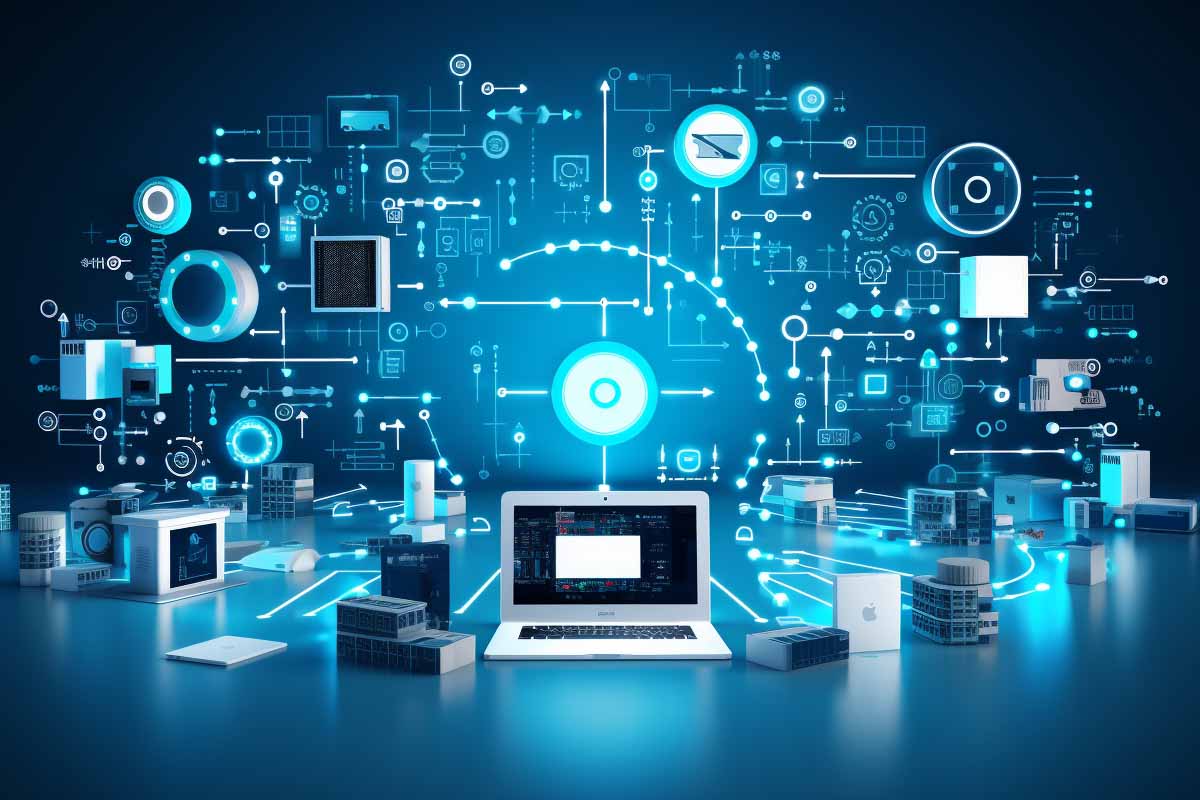
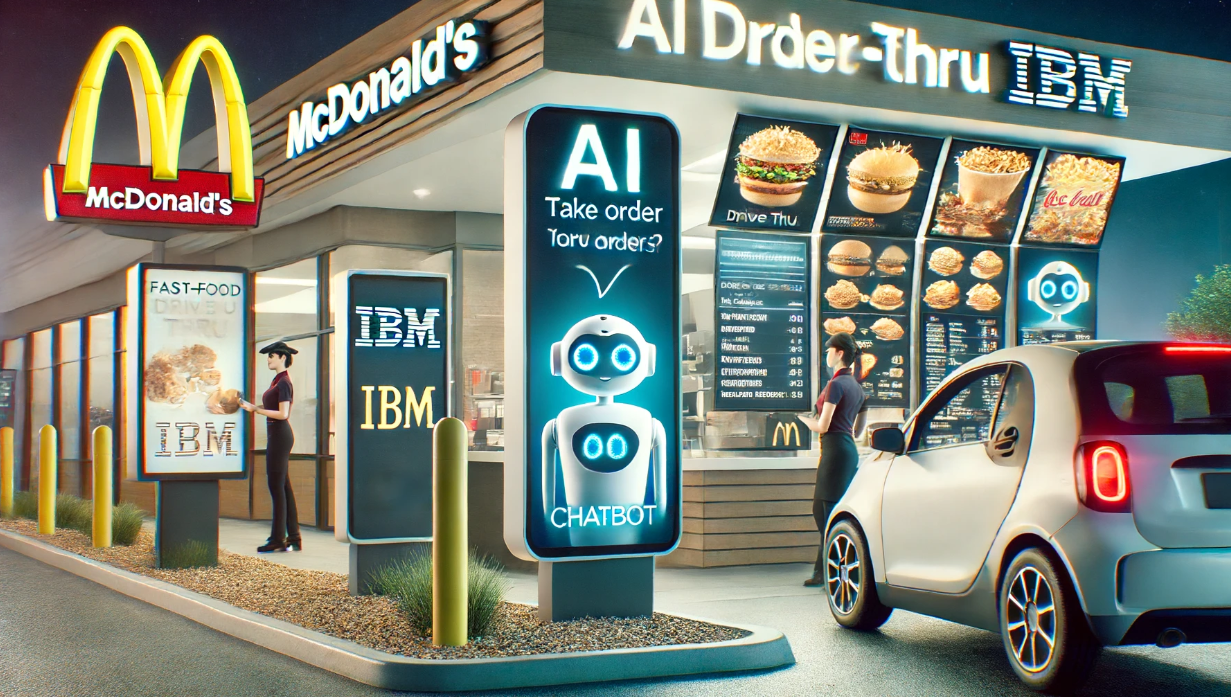
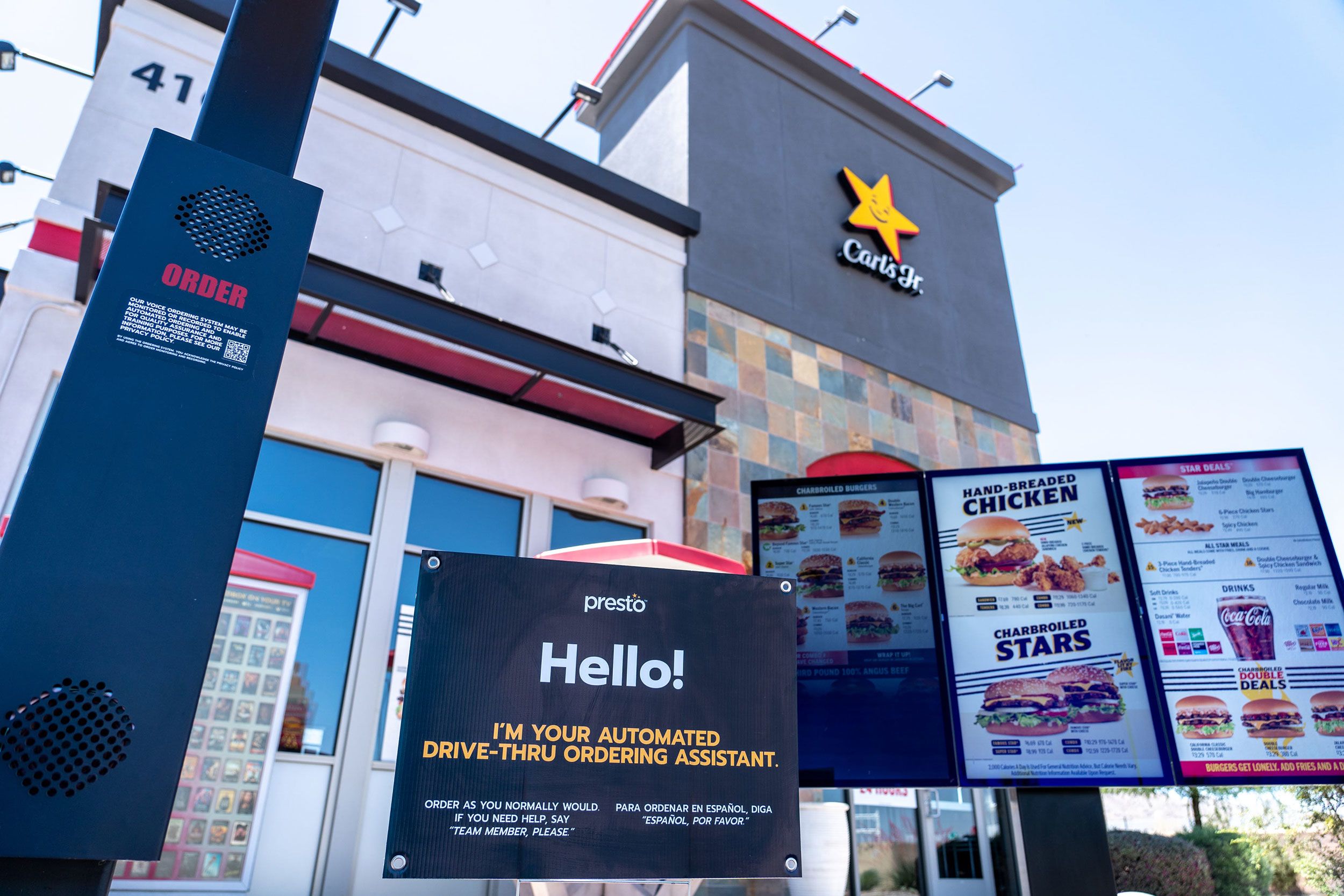



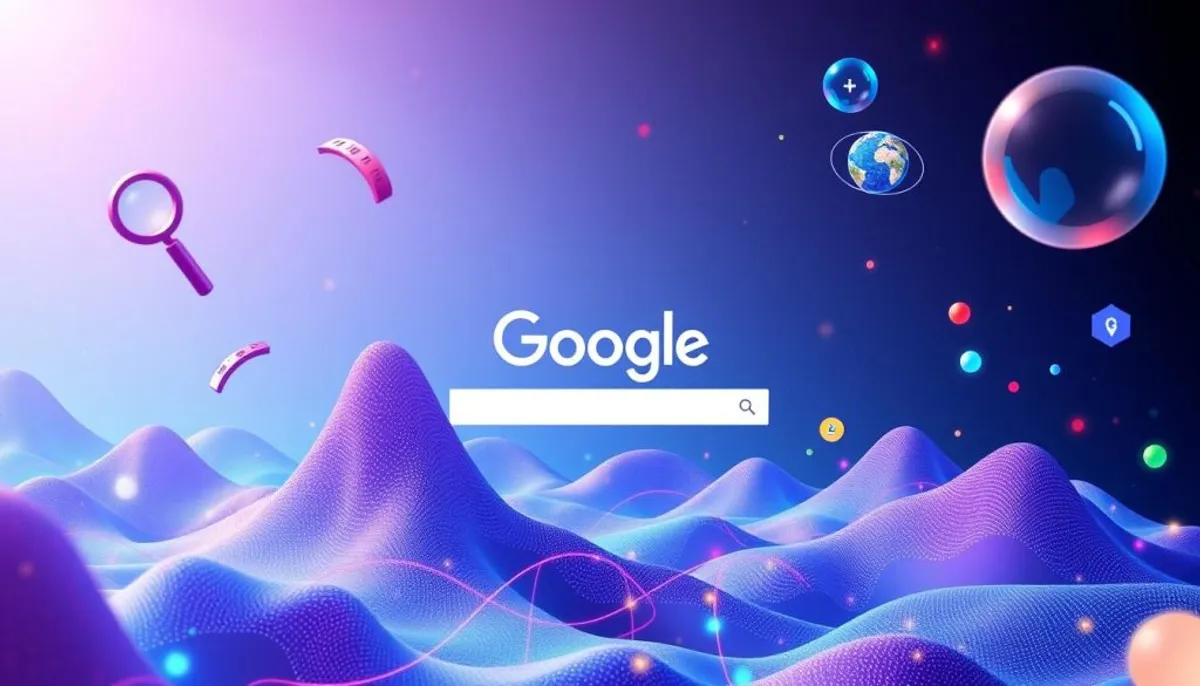

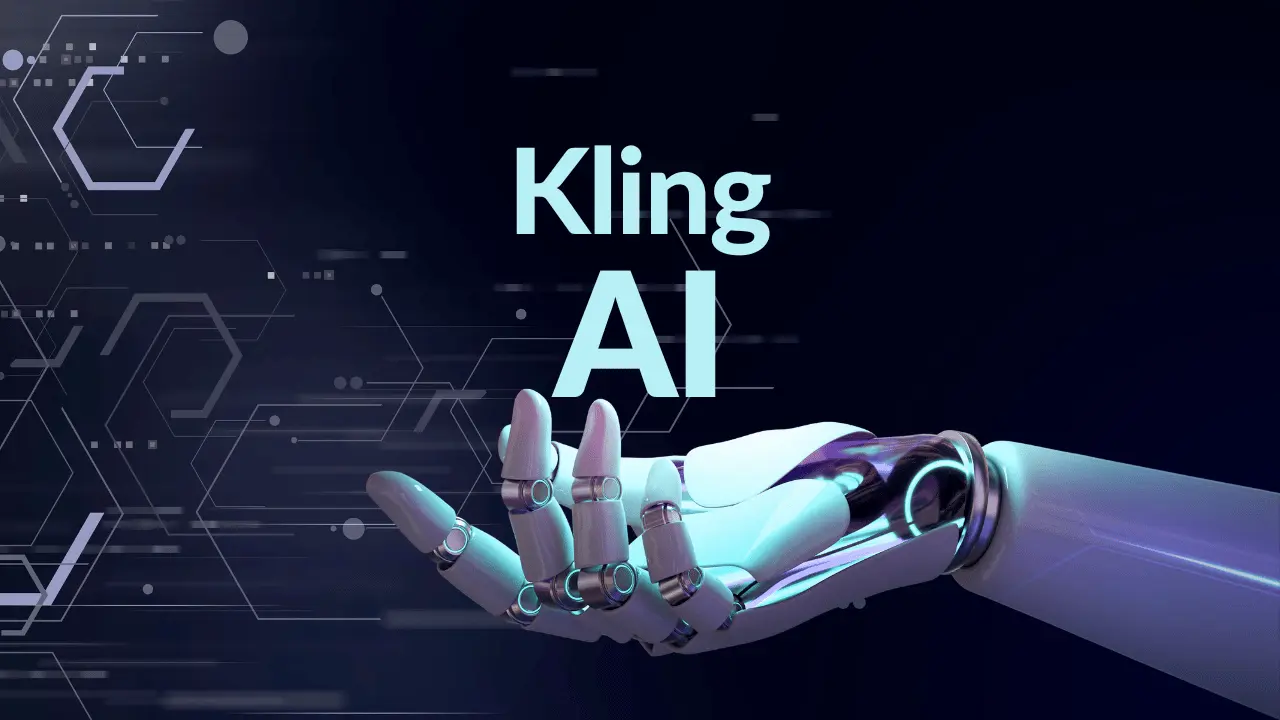




Leave a Reply